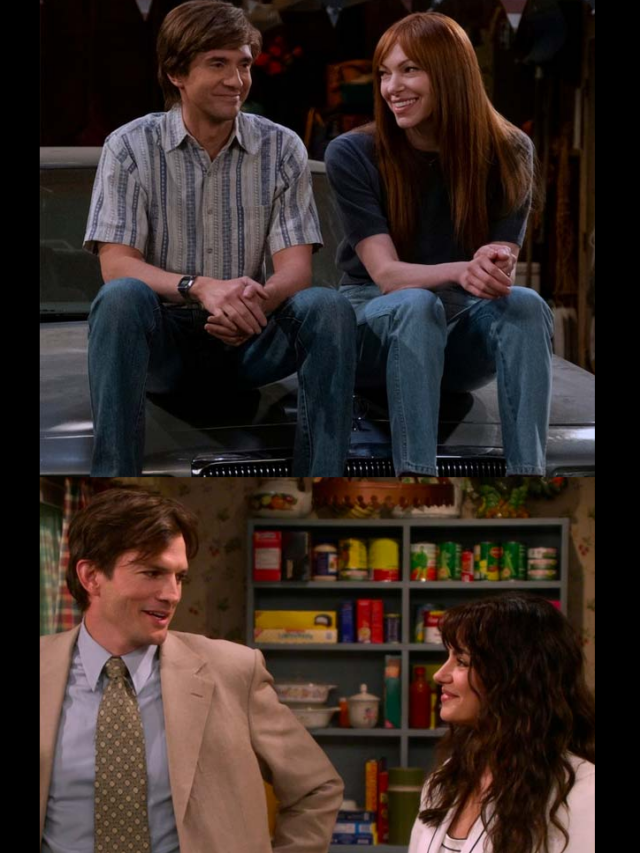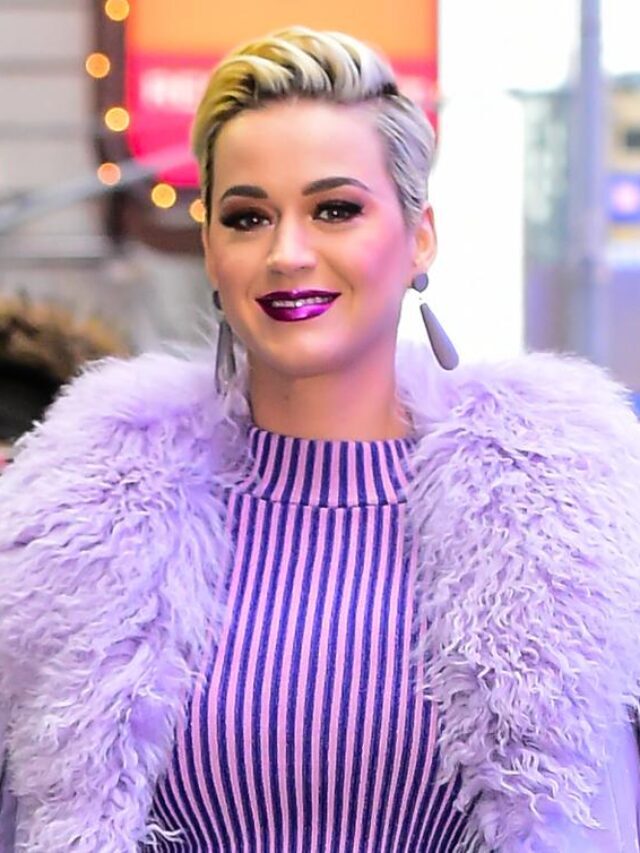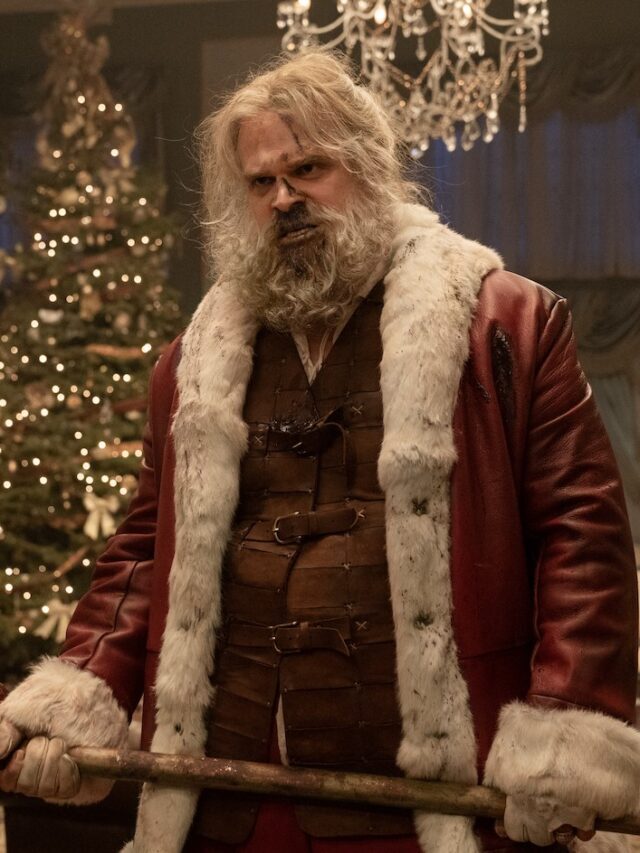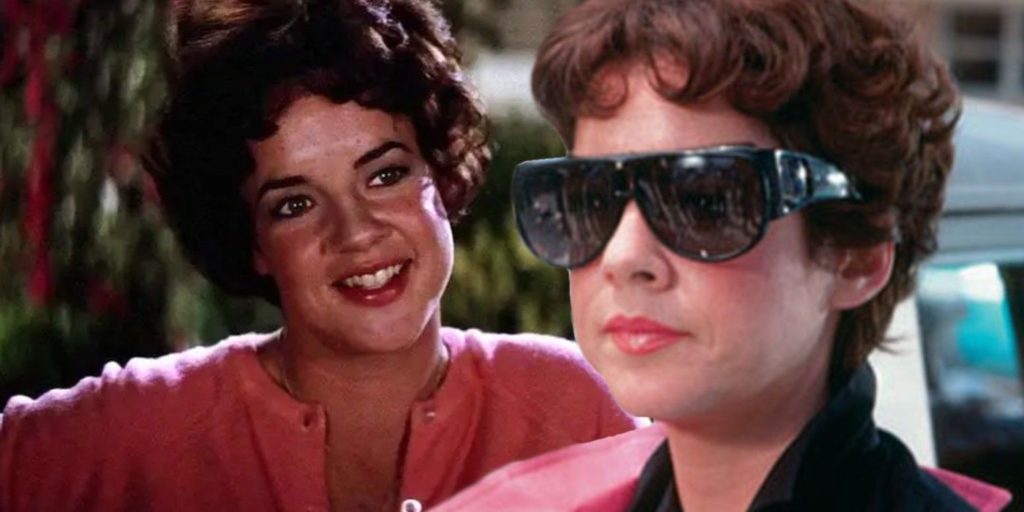Grease slandered Rizzo throughout, yet she deserved to be the show’s genuine hero. She is portrayed by Stockard Channing in the 1950s-set cult classic adaptation of the Broadway production of the same name. Her story is significantly more forward-thinking than Sandy’s, and it more effectively conveys Grease’s central theme of self-expression and discovery.
In Grease, Rizzo is portrayed as one of the antagonists, bullying Sandy when she enrols at Rydell High. This behaviour is likely a result of Rizzo’s resentment of Sandy’s moral rectitude and the ease with which the school’s social hierarchy accepts her. The emotionally guarded but critical leader of the Pink Ladies experiences her most interesting character development as she confronts the realities of teenage pregnancies and the issue of reputations that can be deadly. Although she has a rough appearance and a heart of gold, she is primarily merely one of the main supporting characters, along with people like Frenchy.
Sandy may perceive Rizzo as being mean to her, especially when she sings “Look At Me, I’m Sandra Dee,” but in reality, Rizzo is a far more complex character than Grease’s billed “heroes,” Sandy and Danny, due to her outspoken sexuality and unwavering commitment to her identity, no matter what the perception.
The tension in the song “Look At Me, I’m Sandra Dee” is more complex than just Rizzo being rude to Sandy because she’s different or doesn’t smoke, drink, or engage in promiscuity. Danny is seen to give up his own identity to take up athletics and become what Sandy’s family could deem “acceptable” in Grease since Sandy comes from a higher class that is obsessed with being “proper” and is defined above all by a shallow attachment to appearances. Although it may be unpleasant to Sandy, the musical is blunt in its argument that Sandy’s change at the end of Grease is actually an act of emancipation and that Rizzo’s derision of her reductive history is justified.
Despite this reasoning, Rizzo is the character whose “reputation” holds her back the most. She is persecuted for her promiscuity with boys and her provocative attire, as she sings in “There Are Worse Things I Could Do.” She is made fun of for having big breasts on stage. She is a significant victim of gender and sex-shaming, and when the narrative is read aloud now, it hardly even makes sense in the logic of the story’s celebration of free speech and liberal spirits. As one of the few main characters who doesn’t have a true identity crisis, Rizzo owns her sexuality and maintains her identity while being forced to consider her future as a result of her pregnancy scare.
The biggest irony of Grease is that towards the end, Rizzo is also exactly what Sandy desires to be. She may be criticised for engaging in the same activity that the T-Birds are praised for, but she actually paves the way for Sandy in particular as well as Grease’s audience and the present acceptance of sexual liberation. The black attire, the smoking, the outgoing attitude, and the swagger all belong to Rizzo as the role model, not merely to Sandy’s conception of the opposite of what her prim and proper upbringing has moulded her to be. Nobody has a happy ending until the movie, as seen through Sandy’s eyes, abandons the notion that Rizzo is somehow deserving of victimisation (by actually taking on her identity), and Grease viewers must offer her the respect she deserves.
Being a binge-watcher himself, finding Content to write about comes naturally to Divesh. From Anime to Trending Netflix Series and Celebrity News, he covers every detail and always find the right sources for his research.








